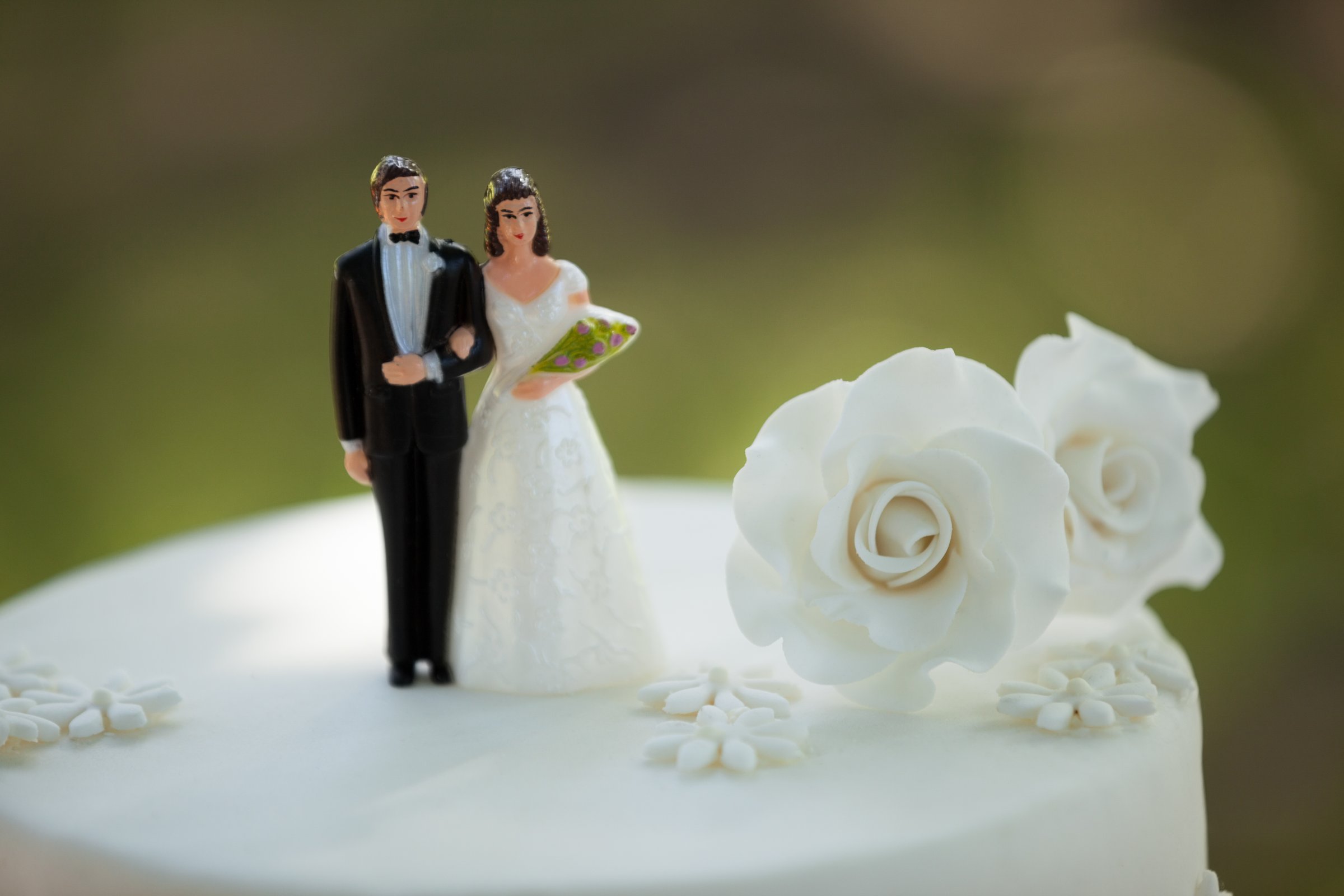
As the editor of Catalyst Wedding Magazine, I’m frequently met with an expression of confusion or contempt upon learning that I help put a feminist wedding magazine into the world. I find these reactions to be unconsciously sexist on two accounts: weddings are considered a feminized interest and thereby frivolous, and on the flip side feminism is seen as threatening to the status quo. Some just find the union of “feminist” and “wedding” too big a paradox to begin to understand. So what exactly are we getting at? The Catalyst team understands feminism to be a critical analysis of power dynamics. And where better to apply this analysis than in the legal contract of marriage and the resulting cultural celebration that follows?
Always one to enjoy a good party, I was thrilled to co-plan a wedding with my husband-to-be and was surprised at how many of the traditions and cultural expectations felt loaded in a way that did not reflect the relationship I was in or my relationship ideals. Addressing envelopes, considering bridal showers and bachelor parties, designing a procession and deciding what to wear all felt weighted with meaning about gender, power and heteronormativity. Our decision to balk tradition by walking down the aisle together and to both change our last names could be viewed by guests as personal preference or a larger statement about gender equality; both assumptions would be true!
Following our unconventional celebration, I couldn’t shake the impact our wedding had on me. It wasn’t so much the day of dancing and feasting I lingered on; rather I felt stuck in the planning process that asked my husband and I to get a close-up look at our culture’s values around couplehood and respond publicly before our friends and family.
Feminist activists coined the phrase: “the personal is political,” meaning the intimate experiences of our lives are often related to larger political systems at work. We first learn about the devaluation of women’s labor or the reduction of women to their physical bodies not in textbooks, but in our own families and workplaces. When it comes to weddings, we are asked to personally comply with forces outside our control: who can legally partner, gender roles in a proper marriage, societal expectations of fidelity and monogamy and the equation of a woman’s value with her physical attractiveness. Marriage is personal. And it’s political.
When I met my co-conspirator, Carly Romeo, the two of us decided to wrestle with this internal conflict of “marrying while progressive” by creating what we called a feminist wedding magazine.
Creating Catalyst meant creating a platform for all people to share their own stories and experiences with love: overcoming external barriers to a relationship, defining a partnership outside of usual models or personally coming to self-realizations through wedding planning or marriage. Our goal with Catalyst is to zoom out beyond the individual experience to respond to the $58 billion wedding industry by including underrepresented voices, opposing universal platitudes and being body positive.
Carly and I didn’t set out to curate specific images and ideas that aligned with our values or to push an agenda. We were simply curious how other folks on the margins are navigating the traditional model for marriage. We let our curiosity lead, and the result is a rich dialogue about what it means to love creatively and authentically without relying on power-laden relationship ideals. With this inquiry as our guide, Catalyst Wedding Magazine is in fact not an oxymoron; it’s a rigorous political project.
Liz Susong is the editor of Catalyst Wedding Magazine
More Must-Reads from TIME
- Donald Trump Is TIME's 2024 Person of the Year
- Why We Chose Trump as Person of the Year
- Is Intermittent Fasting Good or Bad for You?
- The 100 Must-Read Books of 2024
- The 20 Best Christmas TV Episodes
- Column: If Optimism Feels Ridiculous Now, Try Hope
- The Future of Climate Action Is Trade Policy
- Merle Bombardieri Is Helping People Make the Baby Decision
Contact us at letters@time.com